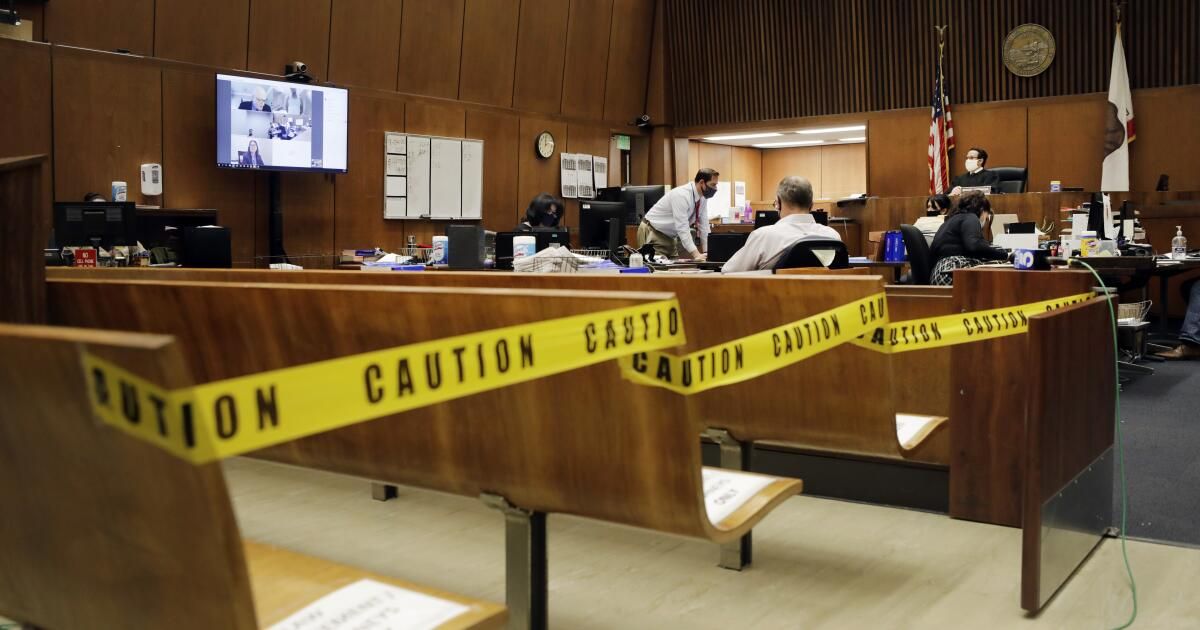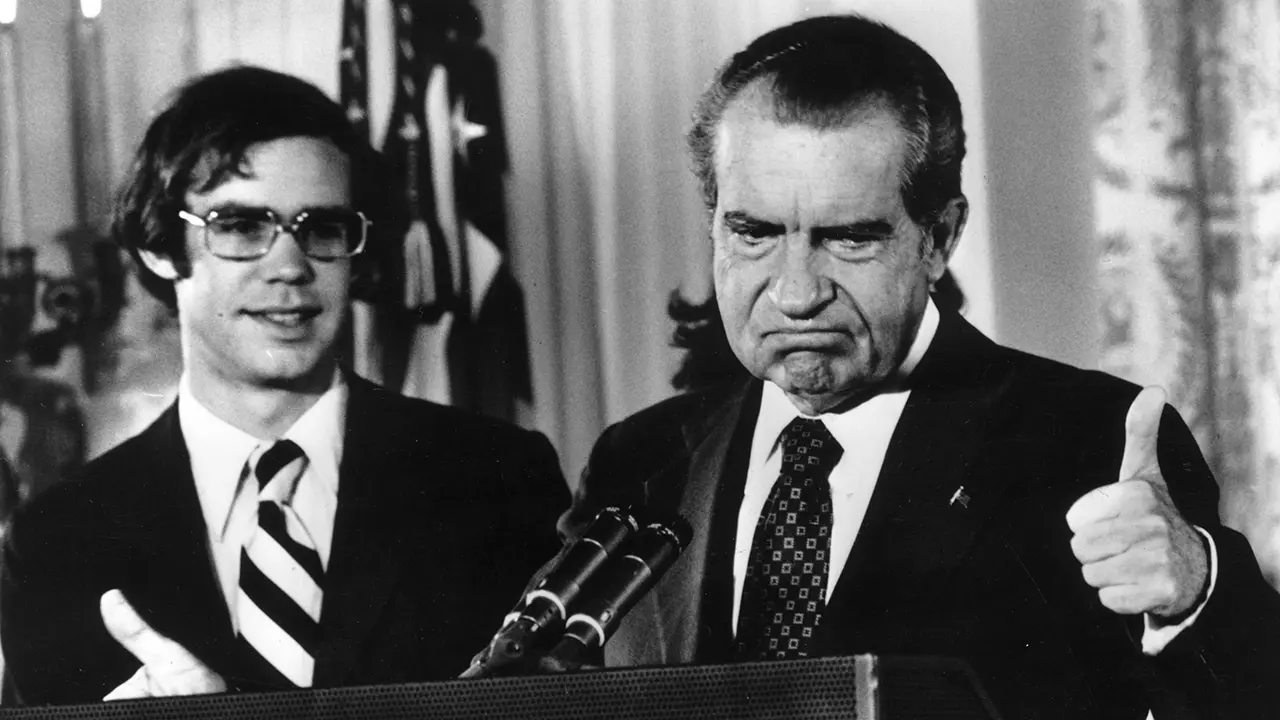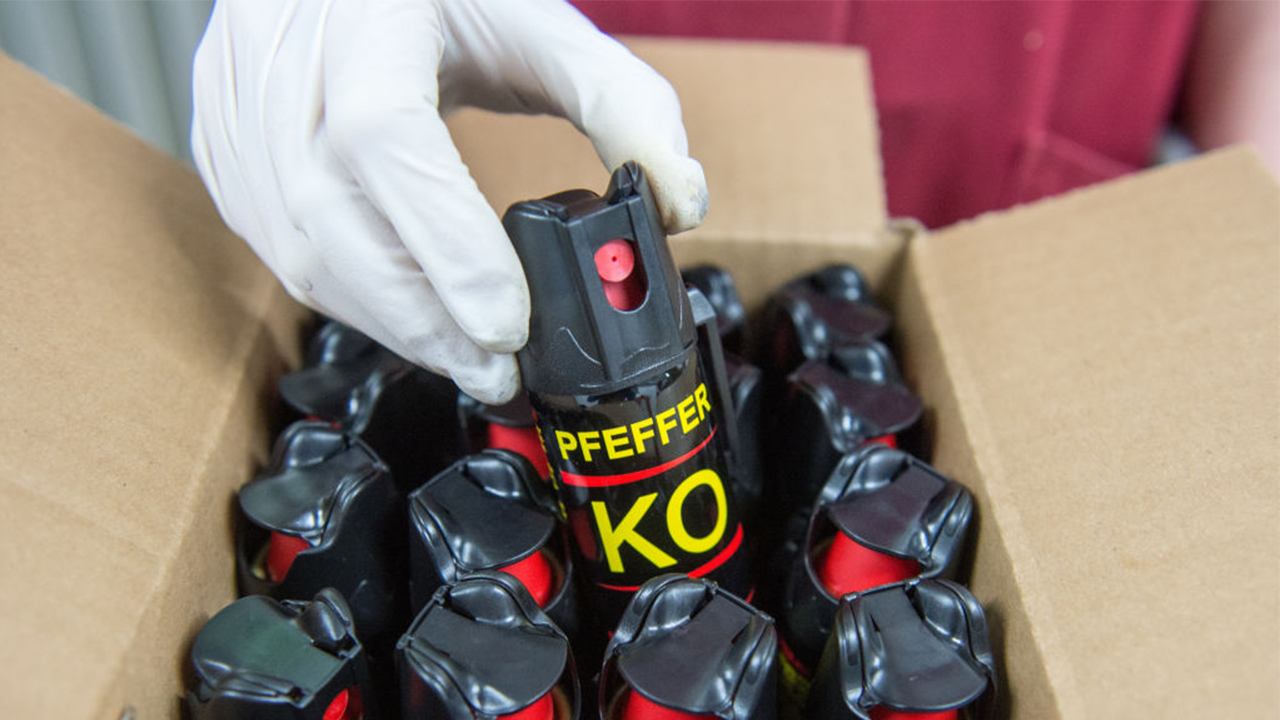Significant delays in processing background checks are causing headaches across California, leaving job and housing applications stuck in limbo and making it difficult for employers and landlords to conduct criminal background checks.
The move stems from a state appeals court ruling more than three years ago that industry experts say has prevented criminal investigators and background checkers from using date of birth or driver's license information to narrow search results while investigating an individual's criminal history.
The 2021 decision in All of Us or None of Us v. Hamrick arose from a case brought by criminal justice reform advocates who have long argued that background checks lead to discrimination against formerly incarcerated people.
A panel of the 4th District Court of Appeals found that the Riverside County Superior Court's website, which allowed users to enter birth dates and driver's license numbers while searching for criminal records, violated a state court rule that says such information must be excluded from court “indexes” accessible to the public through “electronic means.”
“After considering the text, history and purpose” of the rule, the justices found that state courts should limit search criteria for the public, effectively eliminating the use of birth dates and license numbers.
Such personal identifiers have long been used to link people to their records, and without them it has been nearly impossible to conduct searches involving common names, industry experts say.
“This was an interpretation that no one had seen before or anticipated,” said Melissa Sorenson, executive director of the Professional Background Check Association. “Each of the courts is trying to figure out how to comply with the rule.”
The delays are particularly severe in Los Angeles County, where background check companies receive about 100,000 requests for checks each month.
“Right now, Los Angeles County is an example of something that is not sustainable,” Sorenson said.
Residents with common names or those with a long history in the area may have to wait months or even years for their background check to be completed, Sorensen said, if it is possible to complete it at all.
It took a while for the courts to adjust since the 2021 appellate ruling was issued. The Los Angeles Superior Court announced his changes in February.
“The only thing the background check program can do is enter Jose Rodriguez, for example, and because it’s a relatively common name in Los Angeles, you can get hundreds or thousands of results,” Sorenson said. “We have no way to filter based on any other identifier.”
Birth dates are contained in the court's physical records, the Los Angeles Superior Court said.
“These restrictions require background checkers seeking information about commonly named individuals to visit the courthouse where the physical court file is located to determine whether the information they obtained in an electronic criminal history search applies to the person they are inquiring about,” the court said in an email.
The court limits the number of records it will retrieve for an applicant to five per day in any one court. For names with thousands of results, it is not practical to check each physical record.
At the Clara Shortridge Foltz Criminal Justice Center, the county's busiest criminal clerk's office, additional court service assistants have been assigned to assist with file viewing requests. The current wait time to obtain multiple files at once is three to five days, the court said.
In a message reviewed by The Times, the background check company Sterling sent a notice to its customers explaining the situation earlier this year.
“With this change, the Los Angeles County Court has made it much more difficult to accurately identify individuals during background checks,” the firm said. “Criminal background check delays in Los Angeles County are expected to increase… Some searches have been closed due to inability to complete.”
Sterling did not respond to a request for comment. On the online forum Reddit, Los Angeles residents shared concerns that their background checks were not being completed on time.
“Sterling can’t do it!” wrote one user. “I’m so anxious and I’ve been out of work for a month,” said another.
In 2022, Governor Gavin Newsom vetoed Senate Bill 1262which would have allowed law enforcement investigators to use a person's date of birth to search for him or her without making the date publicly available.
“This bill would overturn a 2021 appeals court decision and current court rules that strike a fair balance between public access to court records, public safety, and an individual’s constitutional right to privacy,” Newsom wrote after rejecting the bill.
The nonprofit Legal Services for Prisoners with Children lobbied to veto the bill, arguing that the bill “was sponsored by commercial background check companies… without regard to the interests of formerly incarcerated or convicted individuals.”
Eric Sapp, an attorney for the Oakland-based organization, noted that where background checks are authorized and required by law, local authorities are obligated to provide the relevant information and ensure compliance.
“There's no need for a background check company to get involved in those circumstances,” he said.
“We strongly believe that background checks are overused and often useless for the purposes for which they are used,” he said. “Criminal background checks as they currently exist may not be a viable model in the near future.”
Joshua Kim, lead attorney for the plaintiffs in the Hamrick case, said he was not aware of any delays in housing and employment applications, but said any such problems would be the fault of the background check industry, not the courts that follow the law.
“If there is in fact a delay that affects people's opportunity to obtain housing and employment because of the background screening company's inability to do its job, then that could potentially create another legal liability for them,” he said.
Thirty-seven states have adopted what is known as a “ban the box” policy that prohibits criminal background checks on a job candidate before making an offer of employment, but many employers still seek to screen candidates, especially for jobs that require working with vulnerable populations or involve access to sensitive data.
“The fundamental question we've been asking in the reentry law community is whether background checks are effective in detecting dangerous employees,” Kim said.
But some Angelenos are frustrated by the current situation.
Erin Chang, a South Pasadena mother, had been waiting for months for her disabled son's summer camp assistant to be approved for work. The background check had to be approved for the state to cover the assistant's cost, Chang said.
Although the check was cashed just before the camp began, Chang had to pay the cost of the assistant out of pocket and said she will request a refund.
“The camp ends next week and we still haven’t resolved the issue,” Chang said. “They gave us the explanation that it had a common name and that there is a delay.”
Outside of Los Angeles, other counties are making similar changes to comply with court rules. San Luis Obispo County announced last month that it will eliminate access to date-of-birth and driver’s license information from court search engines, and Orange County is rumored to follow suit soon, said Sorenson, of the background check trade group.
“It’s more than just a Los Angeles County issue,” he said. “If an employer has a candidate with a California background, they may have to look elsewhere.”












